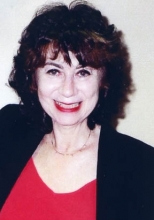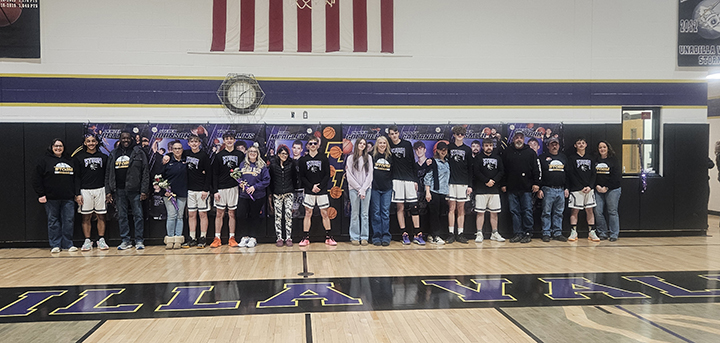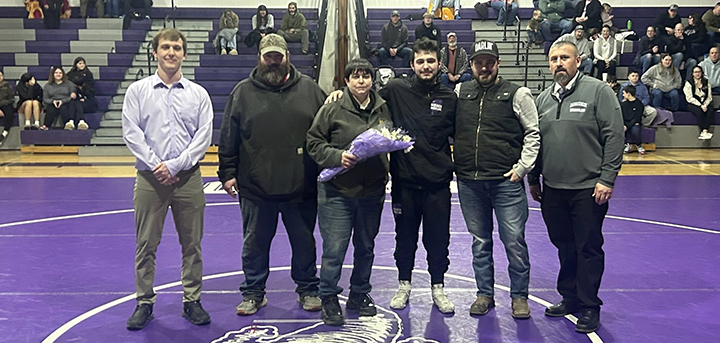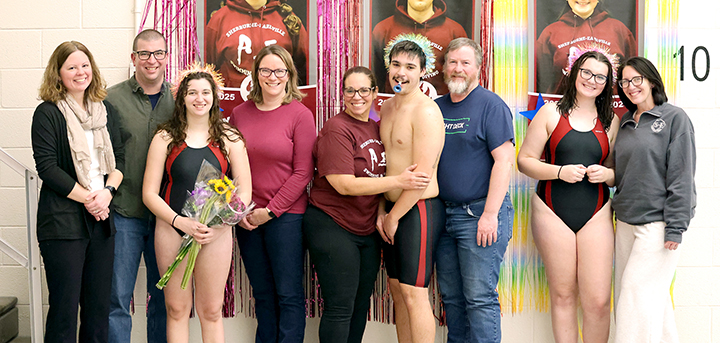Sam’s Chickadees Leave the Nest
I left home when I was eighteen years old. I had the electricity of youth agitating through my veins, and a misguided compass in my brain telling me that Polar North was New York City. I was young, eager, anxious, totally unafraid and ready for life. I was going to be a writer. I was already an adventuress. That this was true, I had learned late nights in my attic bedroom – the room we called The Ivory Tower, which we only inhabited sequentially after an older sibling had moved out and gone to college.
I was an adventuress because, wild-eyed and sleepless up in my ivory tower, I built skyscrapers with Howard Roark; I suffered Dostoyevskian sorrows with Prince Myshkin; I burned for justice in South Africa with Robert Ruark; I plunged for pearls with John Steinbeck; I fought bulls with Ernest Hemingway; I stole beautiful white horses with William Saroyan; I endured poverty in Brooklyn with Betty Smith; I smuggled guns into Haifa with Leon Uris; and ultimately, I expired in a back alley, my head bloodied but my white plume unsullied, with Cyrano de Bergerac.
After this wild extravaganza of vicarious experiences, reality promised to be tame by comparison.
But reality – New York – awaited.









Comments